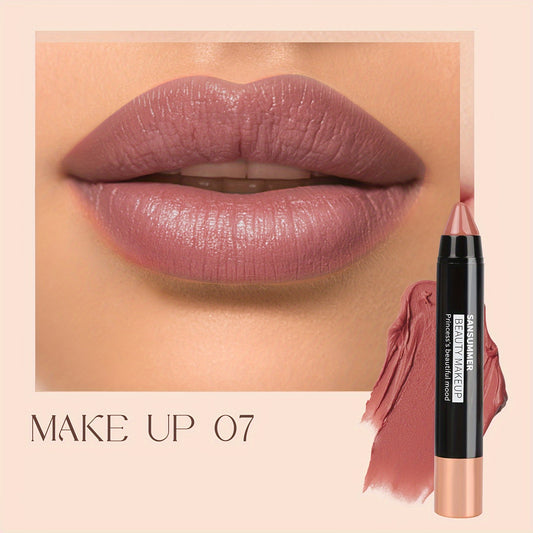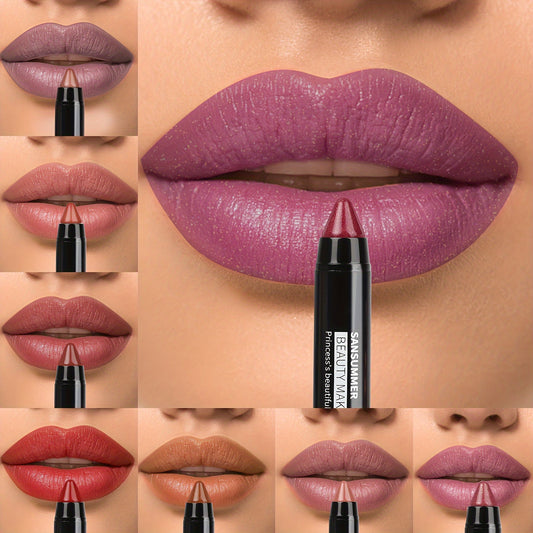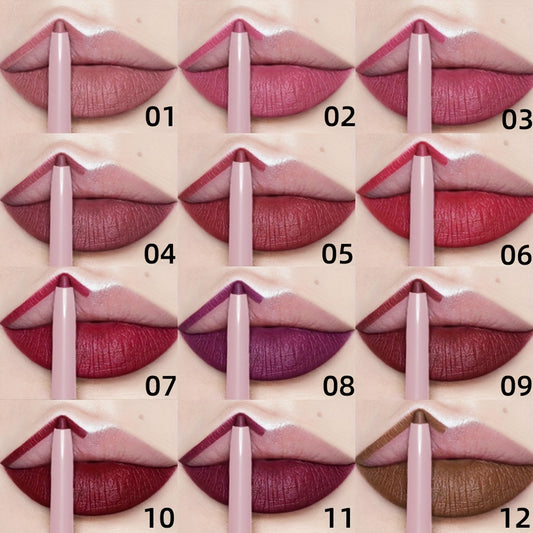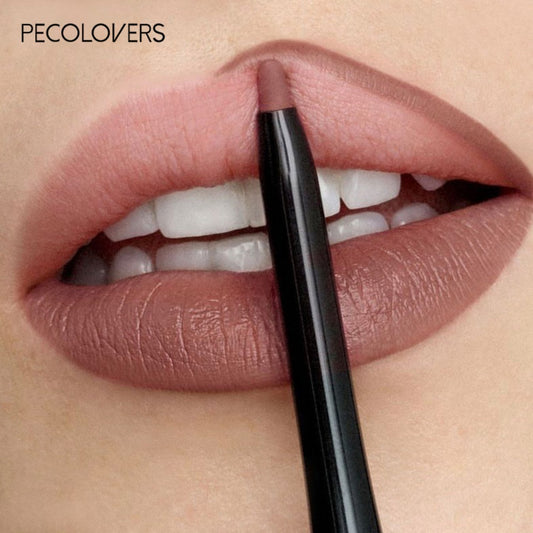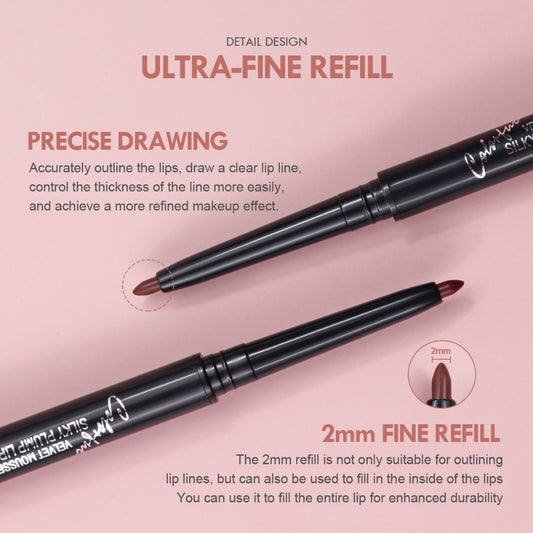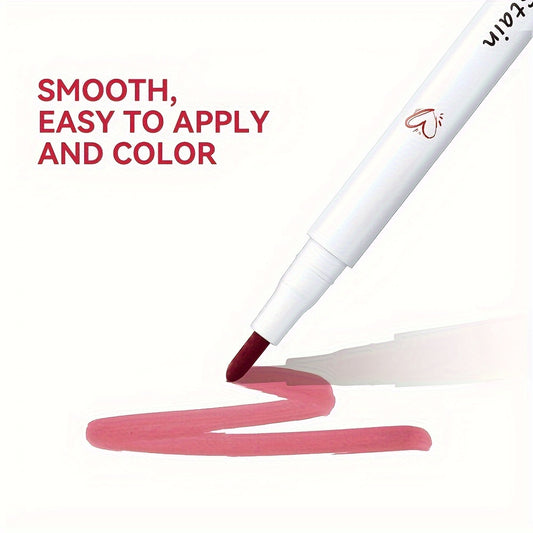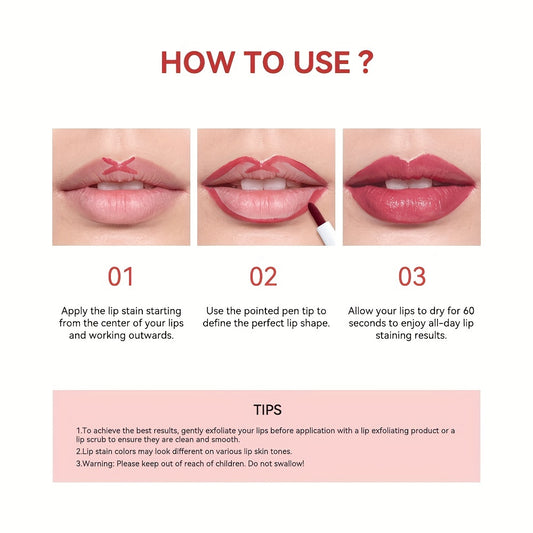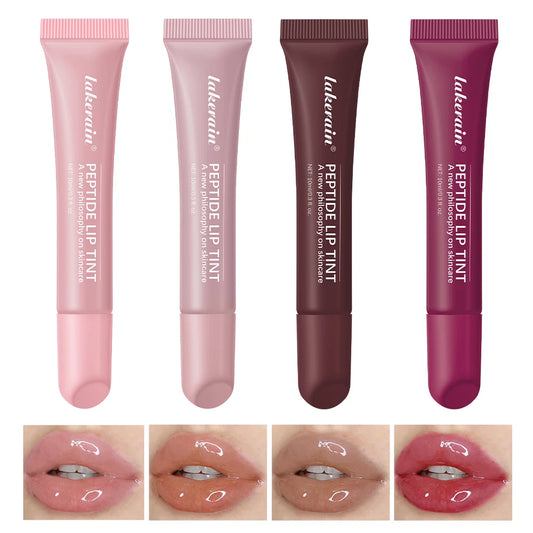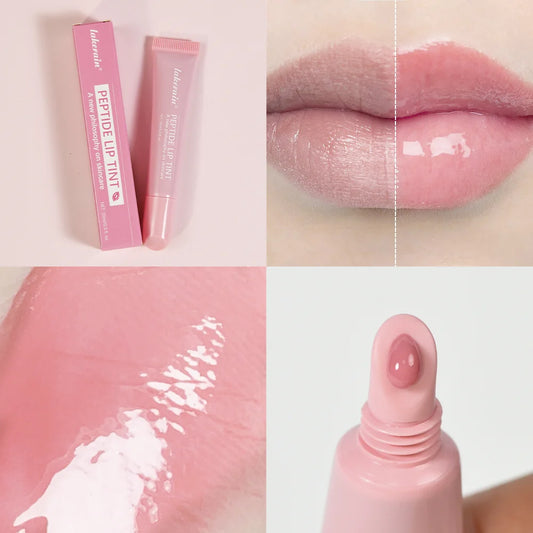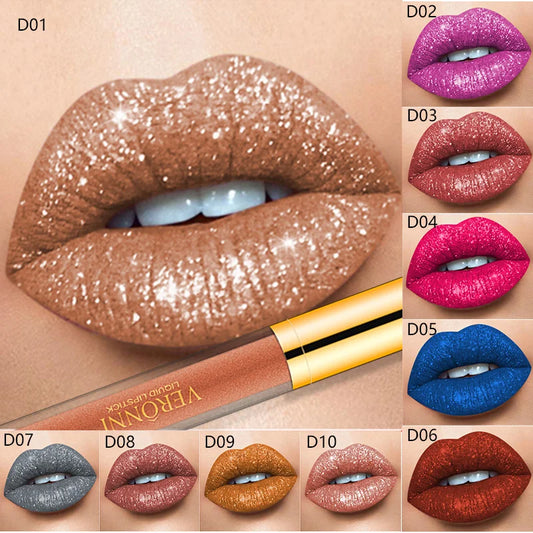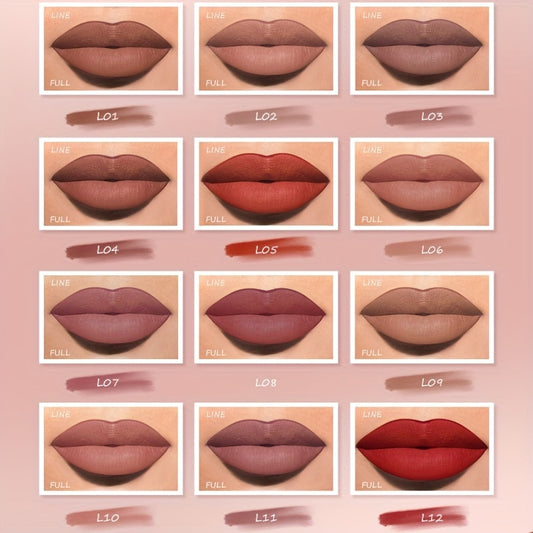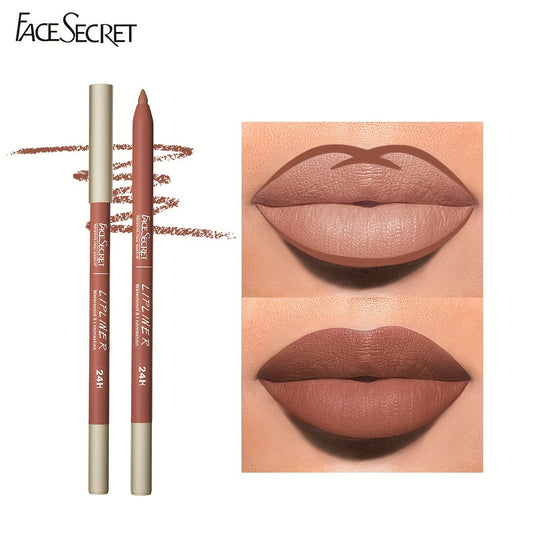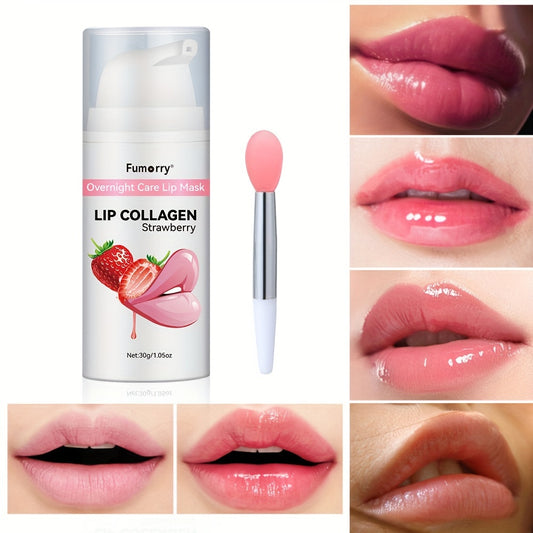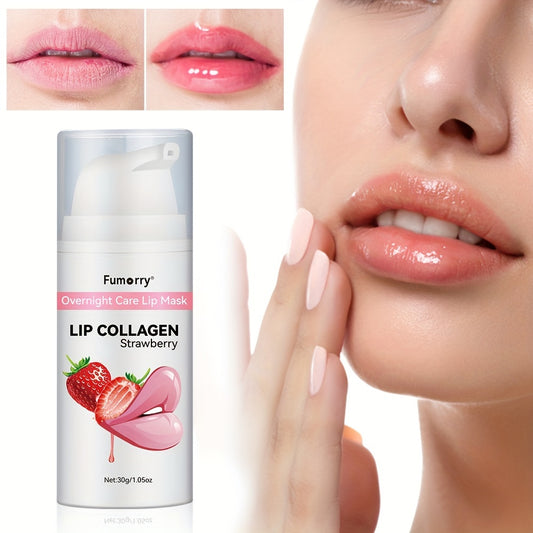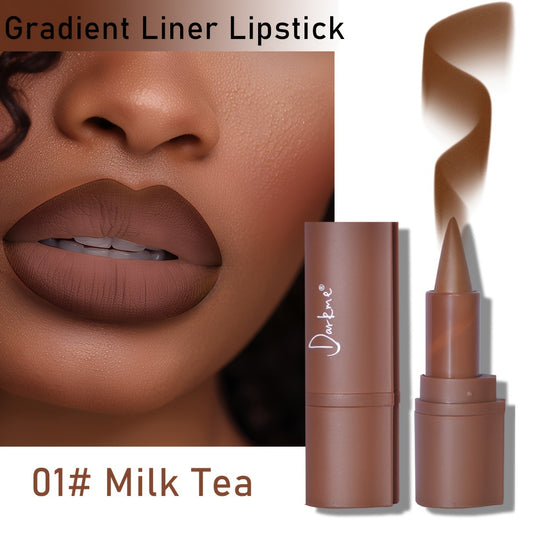The Truth About Lip Balm Addiction: Myth or Reality?
Share
Are you one of those people who can't leave the house without your trusty lip balm? Do you find yourself constantly reapplying it throughout the day, even when your lips don't feel particularly dry? If so, you might be wondering if you're suffering from a lip balm addiction.
In today's world, where self-care and beauty routines are more important than ever, it's no surprise that lip balm has become a staple in many people's lives. After all, who doesn't love the feeling of smooth, hydrated lips? But is this love affair with lip balm taking a turn for the worse?
In this blog post, we'll explore the truth about lip balm addiction and whether it's a real phenomenon or just a myth. We'll also dive into the potential causes and consequences of this condition, as well as offer some tips on how to break the cycle and regain control over your lip care routine.
The Myth of Lip Balm Addiction
One of the biggest misconceptions about lip balm addiction is that it's not a real thing. Many people believe that the idea of being "addicted" to lip balm is simply a myth, and that the constant need to reapply it is just a habit or a personal preference.
However, research suggests that there may be more to it than that. Studies have shown that certain ingredients in some lip balms can actually be habit-forming, leading to a cycle of dependence and withdrawal symptoms.
One of the main culprits is the presence of menthol or camphor in some lip balm formulas. These ingredients can create a temporary cooling or tingling sensation on the lips, which can be quite addictive. When the sensation wears off, the user may feel the need to reapply the lip balm to recreate that feeling, leading to a cycle of overuse.
Additionally, some lip balms contain ingredients like petroleum or wax, which can actually dry out the lips over time. This can lead to a situation where the user feels like they need to constantly reapply the lip balm to keep their lips hydrated, when in reality, the product is contributing to the problem.
The Consequences of Lip Balm Addiction
While the idea of being "addicted" to lip balm may seem harmless, there can actually be some serious consequences to this condition. For one, the constant reapplication of lip balm can lead to a buildup of product on the lips, which can actually clog pores and lead to irritation or even breakouts.
Additionally, the financial cost of constantly buying new lip balms can add up quickly, especially for those who feel the need to have multiple tubes on hand at all times. This can be a significant drain on one's budget, particularly for those who are already struggling with financial constraints.
Perhaps most importantly, the psychological and emotional impact of lip balm addiction can be quite significant. Those who feel a constant need to reapply their lip balm may experience feelings of anxiety, stress, or even shame, particularly if they feel like they're unable to control their behavior.
Breaking the Cycle of Lip Balm Addiction
If you suspect that you might be suffering from a lip balm addiction, the good news is that there are steps you can take to break the cycle and regain control over your lip care routine.
One of the first things to do is to take a close look at the ingredients in your lip balm. Avoid products that contain menthol, camphor, or other potentially habit-forming ingredients, and instead opt for more natural, nourishing formulas that won't dry out your lips.
It's also important to be mindful of your lip balm usage and try to limit yourself to only applying it when your lips truly feel dry or chapped. This may mean resisting the urge to reapply it every few minutes, even if the sensation of the product on your lips feels comforting.
Finally, consider incorporating other lip care practices into your routine, such as exfoliating your lips or using a hydrating lip mask a few times a week. This can help to keep your lips healthy and hydrated without relying solely on lip balm.
Remember, the key to breaking the cycle of lip balm addiction is to be patient, persistent, and kind to yourself. It may take some time to break the habit, but with the right approach, you can regain control over your lip care routine and enjoy the benefits of healthy, hydrated lips.
Conclusion
In the end, the truth about lip balm addiction is a complex and nuanced issue. While it may not be as widely recognized as other types of addiction, the psychological and physical impact of this condition can be quite significant.
By understanding the potential causes and consequences of lip balm addiction, and taking steps to break the cycle, you can reclaim your lip care routine and enjoy the benefits of healthy, hydrated lips without the burden of constant reapplication.
So, the next time you reach for your trusty lip balm, take a moment to reflect on your usage and consider whether it might be time to reevaluate your approach. Your lips, and your overall well-being, will thank you.

